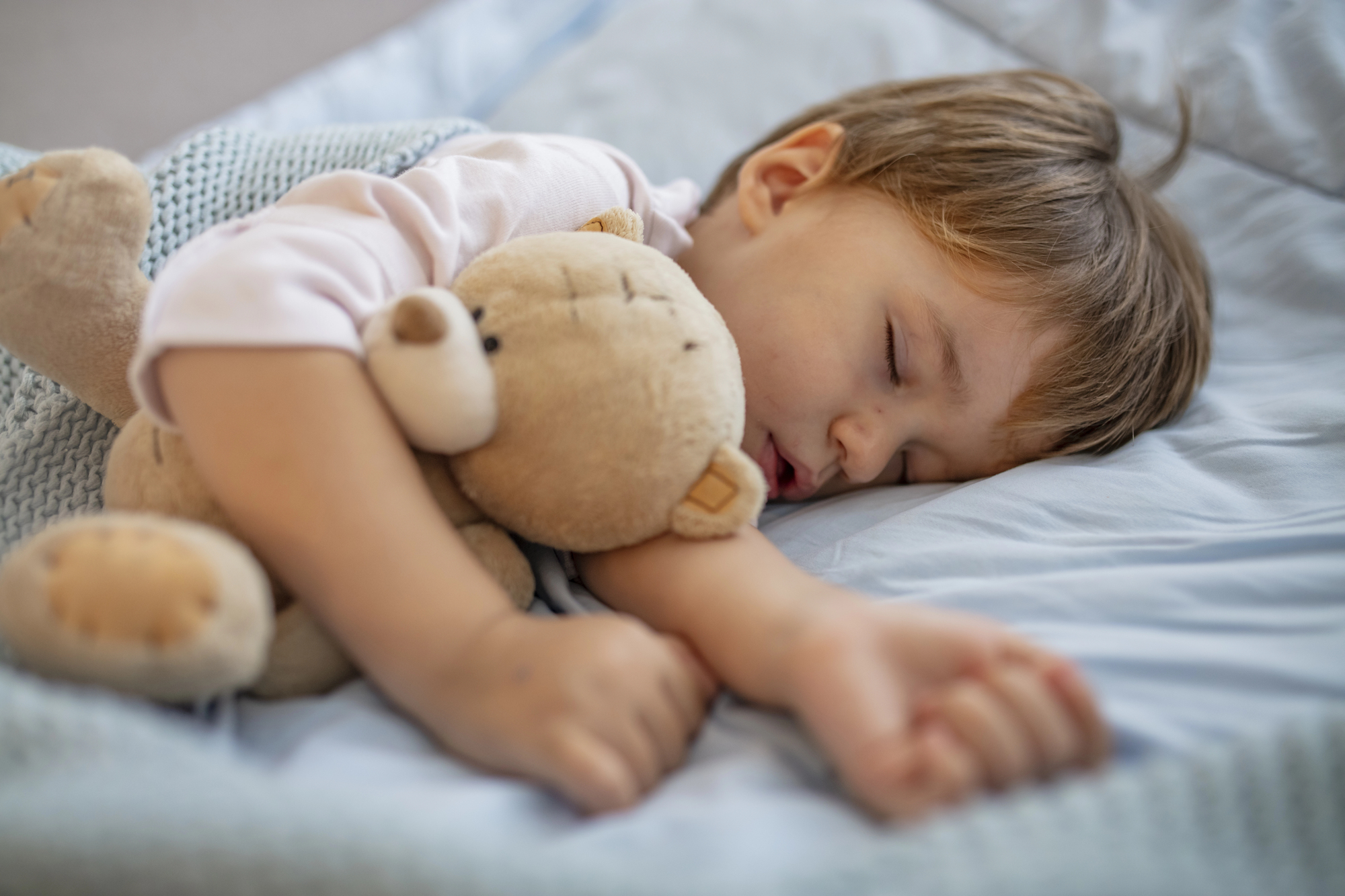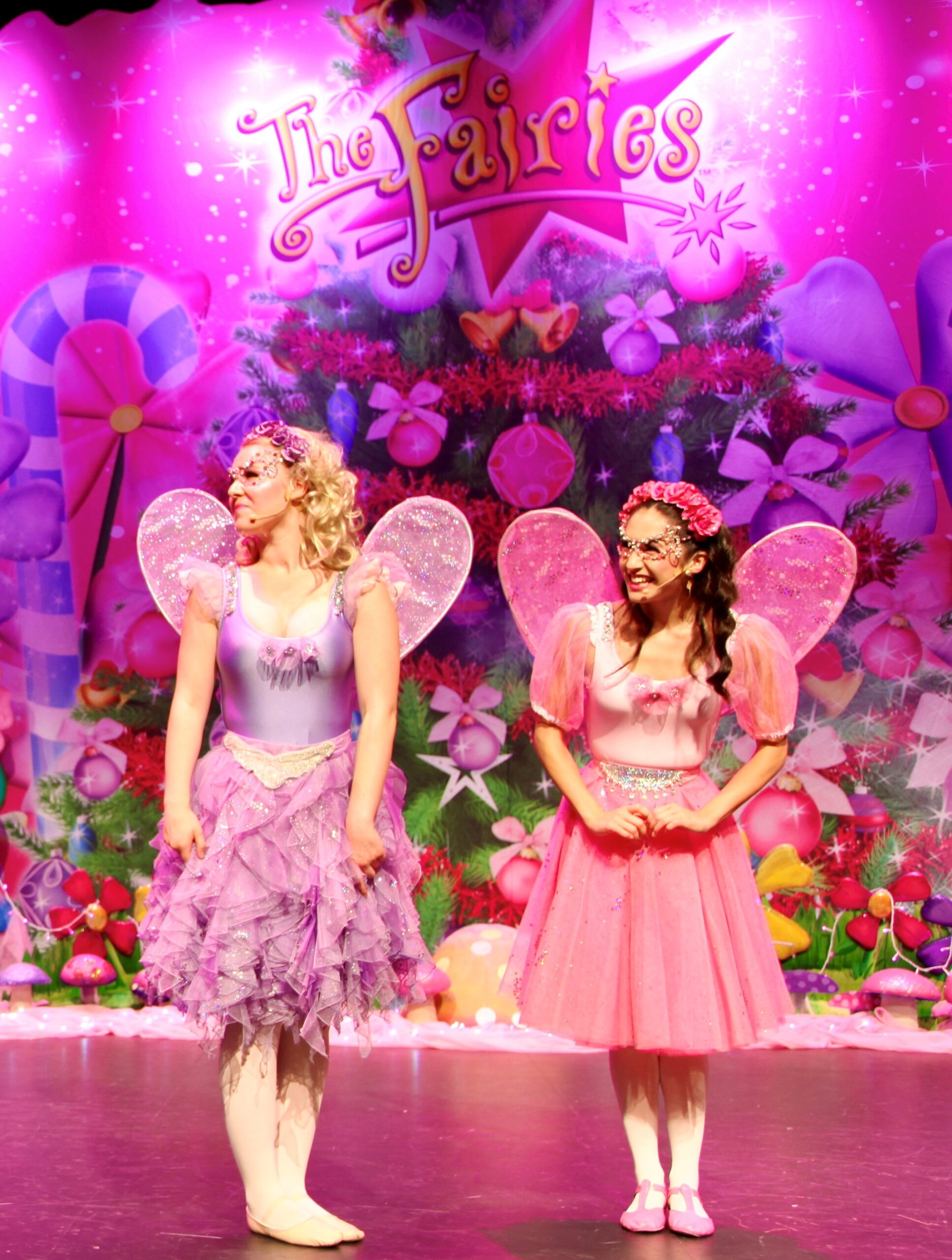Christmas is approaching and our thoughts are on giving but some children will not get to celebrate. Kids face trauma every day, but for those who are displaced, disadvantaged and living in war-torn regions, the psychological and emotional toll is overwhelming. A powerful 2014 documentary told the heart-wrenching story of Udal, a young boy born in Gaza, who recounted the tragic death of his brother Mohammed, killed by an explosive, his tear-filled eyes told the story of profound loss. He spoke of the nightmares that plagued him, the vivid memories of destruction that haunt his sleep, and the images of his brother and uncle that are forever etched in his mind.
For children like Udal, anxiety, depression, and failure to thrive are common companions to severe trauma. Recovery from such experiences, if recovery is even possible, is a slow and arduous process. It is here, in the midst of such despair, that the humble teddy bear plays a significant role.
Deb Herdman, a sleep practitioner and creator of Sleepy Head TED, emphasizes the importance of positive sleep associations, such as a soft toy, in helping children feel secure. A teddy bear serves as more than just a toy; it becomes a psychological comfort, a friend, and a confidant that benefits both mental and physical health. Something as simple as holding a teddy bear can help release hormones that regulate stress and anxiety, contributing to a sense of calm. This, in turn, can positively impact physical health, including respiratory and heart rate regulation, and even reduce the perception of pain.
The power of a teddy bear is something she sees in her sleep practices regularly. “We use our sleeping Polar Bear in our sleep training programs and see the immense value that happens when kids and parents spend time together getting their child and ‘Sleepy Head TED’ into their pj’s. Often children are very emotional at bedtime and this activity is play therapy that is focused on sleep time. Children also love that TED gives out cuddles which children love”.
Cuddling your favorite teddy not only provides psychological comfort as a companion, friend, and confidant, but it also has physical health benefits,” she explains. “By helping to release hormones that reduce stress and anxiety, vital signs like respiratory rate and heart rate can regulate, leading to less anxiety and/or discomfort which ands a greater sense of well-being.”
The comfort provided by a teddy bear is not limited to children alone. Many adults continue to hold onto their favorite childhood soft toys. In a survey conducted by a UK hotel chain, it was found that 51% of respondents still owned their favorite childhood teddy, which they either slept with or kept close for comfort when away from home. The survey, which was prompted by the discovery of 75,000 teddy bears left behind in hotel rooms, revealed that many business travelers were desperate to be reunited with their beloved bears. Teddies serve as reminders of happier times and offer comfort during periods of stress and uncertainty.
Teddies are more than just toys; they are tangible objects that can be cuddled, stroked, dressed, and spoken to, offering comfort whenever it is needed. Teddy bears become family heirlooms, symbolizing happy times, resilience and survival, and in a world where children face many challenges, a lifeline, offering comfort, security, and a reminder that they are not alone at night.







